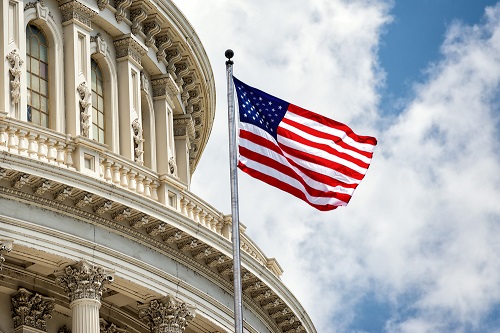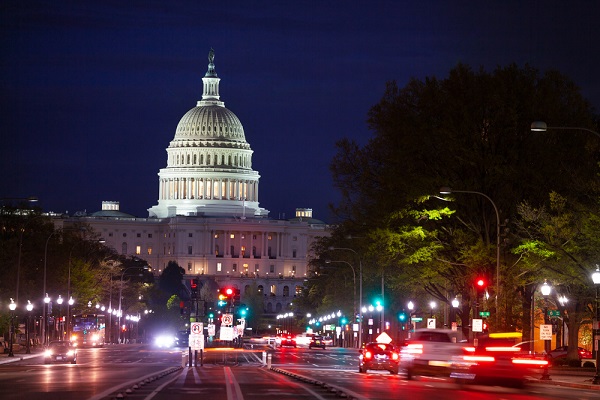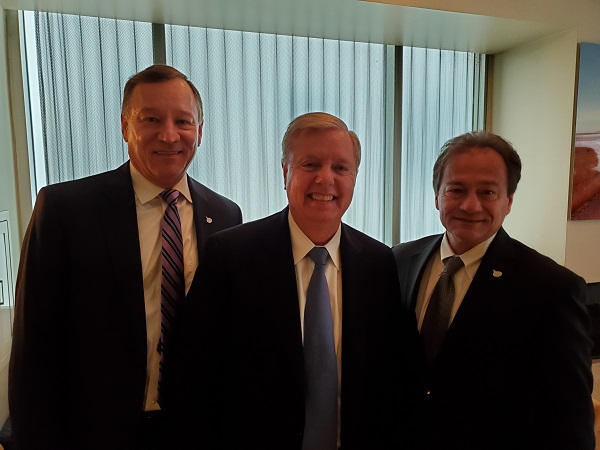Big ‘I’ Working with Government, Business Groups as Coronavirus Relief Plans Develop
The goal of the Big “I” is to ensure the fundamental premise of insurance is not undermined while providing relief for businesses that are hurting badly from government mandated shutdowns.






